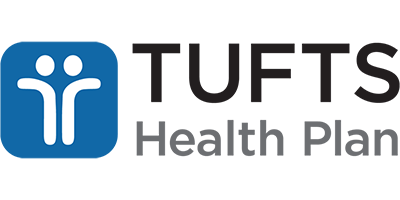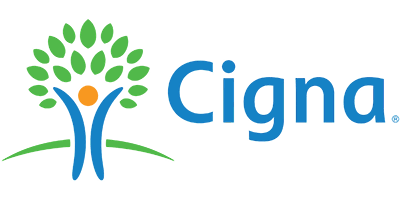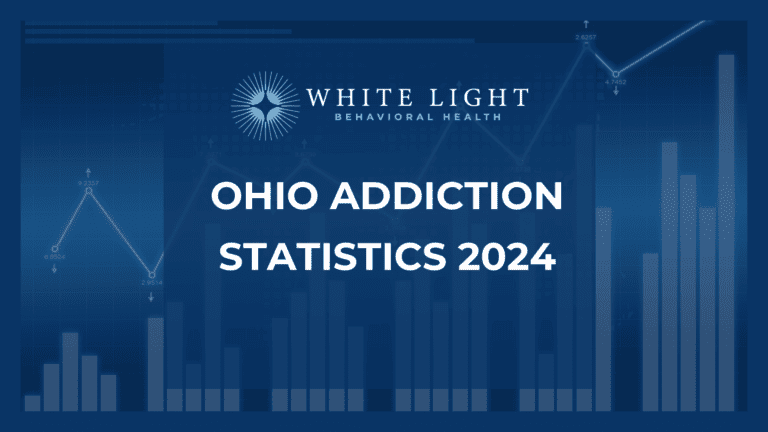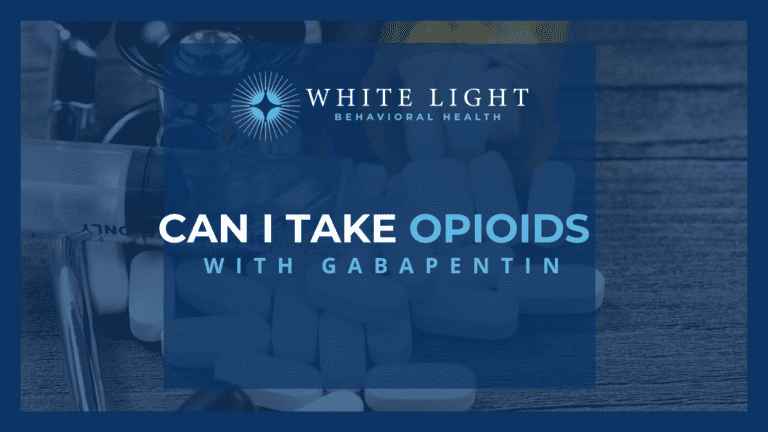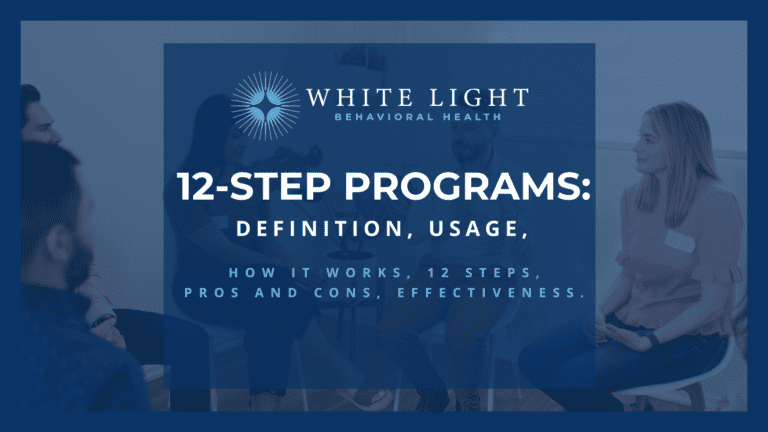Alcohol and Drug Rehab in Columbus, Ohio
"*" indicates required fields

About Our Treatments & Inpatient Programs
Our mission is to be a transformational experience for patients and their loved ones. Leading a life free of substances is possible. At White Light Behavioral Health you will receive the highest standard of clinical excellence, an ideal recovery environment, and safe, respectful, compassionate medical care.
Our Programs
Drug and Alcohol Medical Detox
White Light Behavioral Health carefully monitors each patient on an individual basis, and may provide medications to detox the body safely while easing uncomfortable withdrawal symptoms.
Residential Treatment Program
Each patient in residential care at White Light receives a completely personalized treatment plan, combining group, individual and family therapy with compassionate medical care.
Partial
Hospitalization
Partial Hospitalization or “PHP” helps our patients sustain long-term recovery through ongoing therapy, support, and access to clinical programs. We can facilitate low-cost leased housing for PHP patients.
Intensive Outpatient Program
Intensive Outpatient is appropriate for patients on the continuum of care whose need for medical and psychiatric services is stable and requires only maintenance.
Medication Assisted Treatment
Medication-assisted treatment (“MAT”) is offered at White Light Behavioral Health. MAT uses medication to help in the process of overcoming addiction.
Dual Diagnosis Treatment
Dual diagnosis is when someone has a substance use disorder and a mental health disorder that are both active at the same time. At White Light, we can help with both.
Our core values - W.E. C.A.R.E


We accept most insurance plans
The White Light Behavioral Health admissions team works around the clock to ensure that we can help as many families as possible. Verify your benefits now and someone will be in touch.
